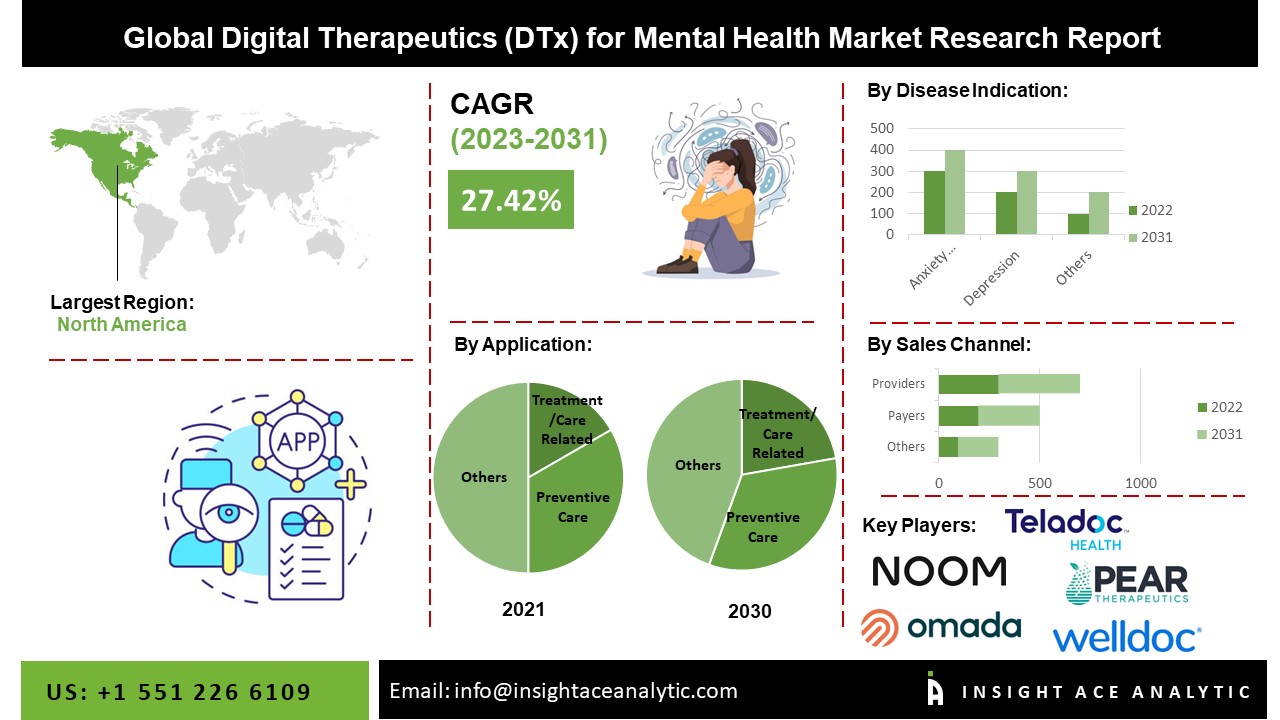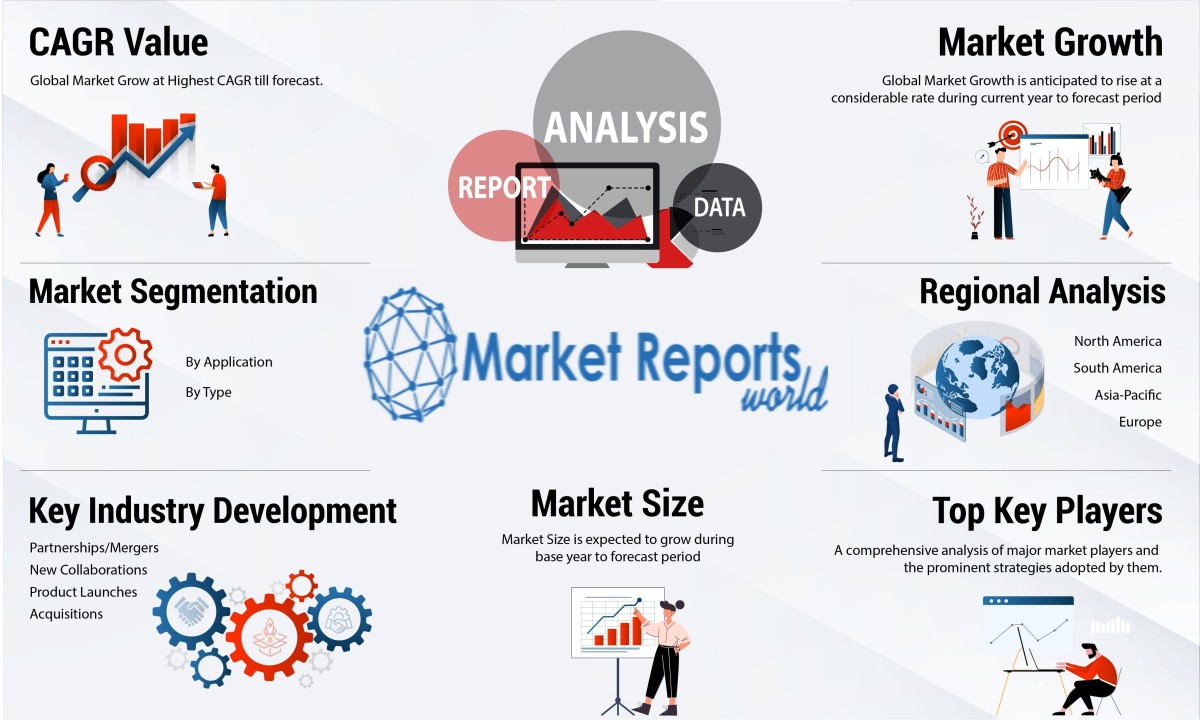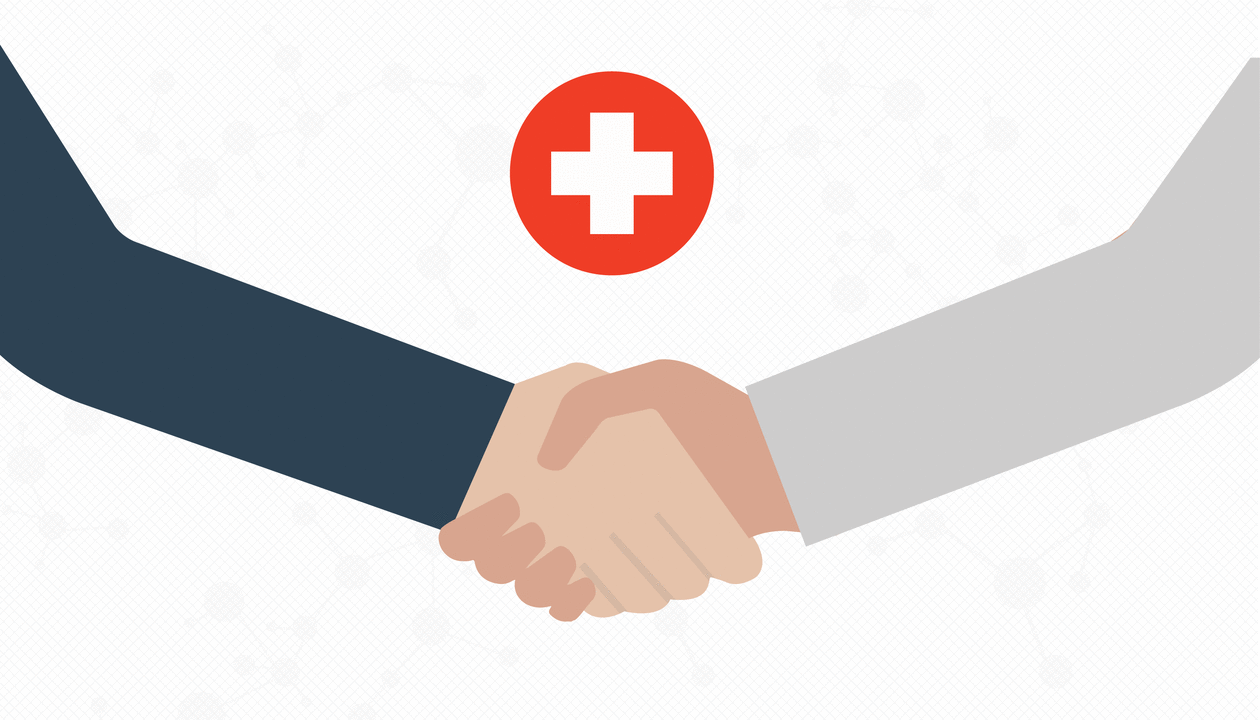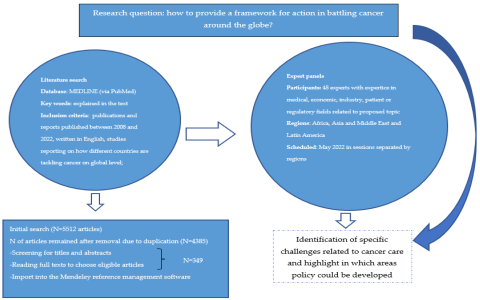[

Now listen here, folks, let me tell you about this thing called global health. It’s a big ol’ topic, and there’s a heap of players and payers in it. You see, when we talk about global health, we ain’t just talkin’ about one country or one problem. Nope! It’s a whole world affair, and it gets real complicated, like trying to untangle a ball of yarn after the cat’s been at it.
First off, let’s chat about the big guns, the payers. These are the ones who cough up the dough to help with health issues all over the globe. The U.S. Government, bless their hearts, is one of the largest donors out there. They throw money at all sorts of problems like HIV, tuberculosis, and malaria. You know, them nasty diseases that don’t care who you are. They also help with things like maternal and child health, nutrition, and family planning. That’s like making sure mamas and babies get the care they need. Important stuff, I tell ya!
Now, there’s this fancy thing called the Global Health Investment Fund, set up by some big names like J.P. Morgan and the Bill & Melinda Gates Foundation. This fund is backed by a bunch of partners, including the Government of Canada and the German Ministry for Economic Cooperation. It’s like a big ol’ pot of money where everybody chips in to make sure people get healthy. They know that health ain’t just about medicine; it’s also about making sure folks have what they need to live a good life.
On the flip side, we got the players. These are the folks in the field, working hard every day. You got doctors who are patching up patients, health administrators who keep things running smooth, and the big employers who provide health insurance. They’re all in this together, trying to tackle the tough health challenges we face today. It’s like a big team sport, and everybody has a role to play.

One big player is the World Health Organization, or WHO for short. They’re like the referees in this game of global health, making sure everybody plays fair and that health policies are followed. They work with states and other organizations to manage health across borders. It’s like making sure the neighbor’s cows don’t wander into your yard; they help keep things in order.
But it ain’t always smooth sailing. There are challenges galore! You see, not all players play nice. Sometimes they have different goals or don’t see eye to eye on how to solve problems. Like when you and your neighbor can’t agree on the best way to fix the fence. The WHO tries to bring everyone together, but sometimes it feels like herding cats.
And then there are the multilateral funding agencies. They’re the ones who hand out money to different health projects. But like any good story, there are hurdles to jump over. You got to make sure that money gets used right and goes to where it’s needed most. That can be a tricky business, like trying to bake a pie when you don’t have all the ingredients.
Now, let’s not forget about the folks who actually need the help. The ones who are battling those nasty diseases, the mothers who just want their babies to be healthy, and the communities that are struggling to get by. Their voices matter, and they should be heard in this global health chat. After all, it’s their health we’re talking about, and they deserve a say in how it’s handled.
So there you have it, a rundown of the players and payers in global health. It’s a tangled web of folks trying to do good, but sometimes they trip over each other’s feet. We need all these players working together, listening to each other, and finding ways to make health better for everyone. Because at the end of the day, health is wealth, and we all want to be rich in that!

In conclusion, global health is a mighty important issue, and understanding the payers and players helps us see the big picture. So let’s keep talking, keep working together, and maybe, just maybe, we can make the world a healthier place for all.
]
Tags:[Global Health, Health Governance, WHO, Health Payers, Health Players, Global Cooperation]















